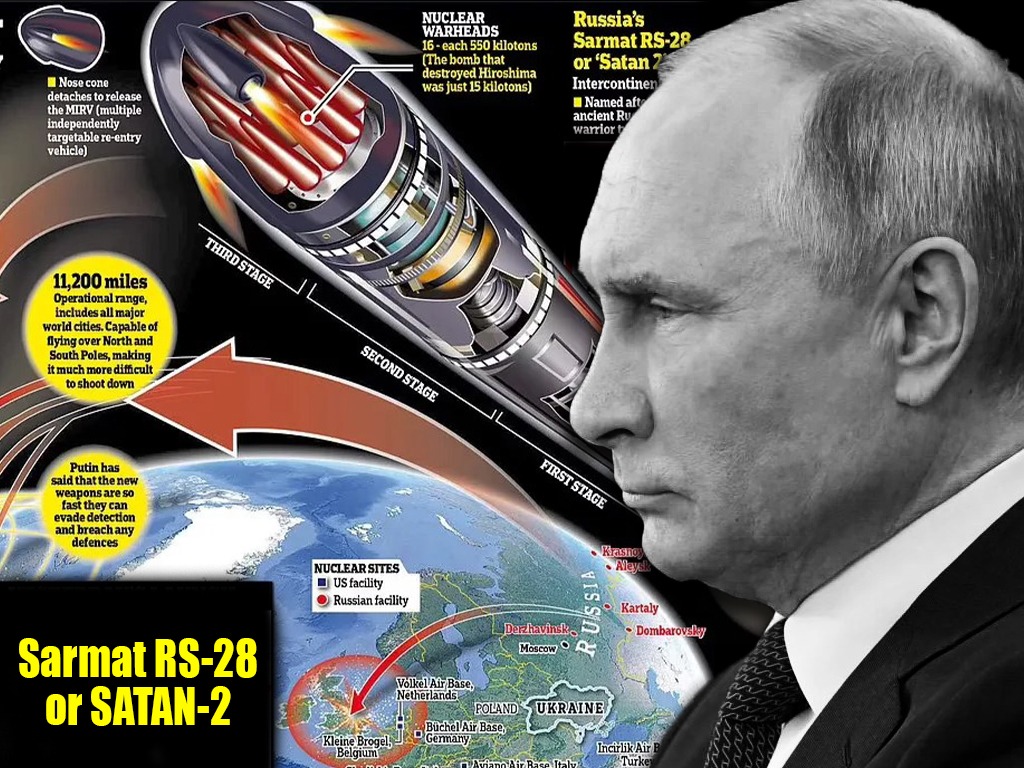Putin’s Revised Policy Signals a Heightened Risk of Nuclear Retaliation
Revised Nuclear Policy and Its Implications
Russian President Vladimir Putin has announced a dangerous shift in Russia’s nuclear doctrine. The changes expand conditions for nuclear use. Any missile or UAV attack on Russian territory could now provoke a nuclear response. This shift heightens the risk of nuclear escalation in the ongoing Ukraine conflict. Putin’s revision sends a clear warning to Western nations supporting Ukraine.
Nuclear Use Triggered by Non-Nuclear States
The updated doctrine expands deterrence to include non-nuclear states backed by nuclear powers. If a non-nuclear state attacks Russia with nuclear support, it will be considered joint aggression. This could include Ukraine with Western backing. This expansion of conditions for nuclear retaliation has serious consequences for the global balance of power.

Western Support for Ukraine Under Threat
Putin’s statement directly targets Western nations that aid Ukraine. As the U.S. and U.K. consider sending long-range weapons to Ukraine, Russia’s doctrine suggests these actions could provoke a nuclear response. Putin’s message is clear: continued support for Ukraine increases the risk of escalation. This poses a significant dilemma for Western powers, as they weigh military assistance against the risk of a broader war.
A Global Security Crisis
The revisions to Russia’s nuclear doctrine represent a grave escalation. The conditions for nuclear retaliation have expanded, increasing global instability. Russia is now prepared to use nuclear weapons to defend its territory, even against non-nuclear states. These developments raise urgent questions about international security and the potential for catastrophic escalation in Ukraine. The risk of direct confrontation with nuclear powers is now dangerously high.
Our Visitor






 Users Today : 4
Users Today : 4



